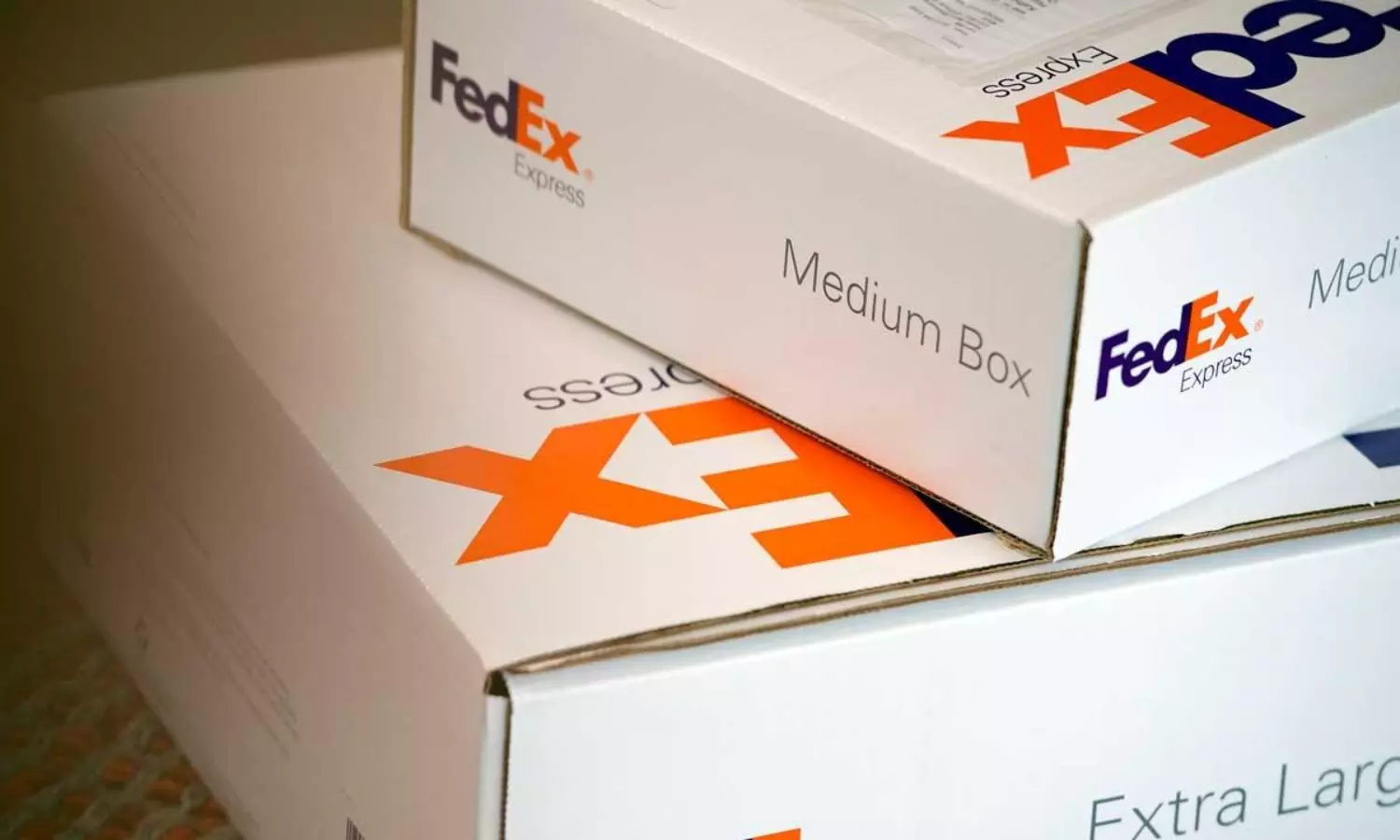FedEx Q2 net income drops 24% to $788mn
Fiscal 2023 capital spending forecast reduced by $400 million

FedEx reported a 24 percent decline in net income to $788 million for the second quarter ended November 30, 2022 compared to $1.04 billion in Q22021 on lower FedEx Express income.
Revenue declined 3 percent to $22.8 billion and net operating margin was down to 5.2 percent from 6.8 percent in the same period last year.
"The FedEx team moved with urgency to make rapid progress on our ongoing transformation while navigating a weaker demand environment," says Raj Subramaniam, president and chief executive officer, FedEx. "Our earnings exceeded our expectations in the second quarter driven by the execution and acceleration of our aggressive cost reduction plans. At the same time, we continue to focus on delivering excellent service for our customers."
FedEx Express operating income declined 64 percent year-over-year due to lower global volumes, partially offset by an 8 percent package yield increase. "FedEx Express implemented previously planned and incremental cost reduction actions during the quarter to mitigate the impact of volume declines including structural air network changes and the temporary parking of aircraft."
FedEx Ground operating income increased 24 percent year-over-year, primarily to a 13 percent yield increase and cost reduction actions. "These factors were partially offset by increased purchased transportation rates, lower package volume, and higher other operating expenses."
FedEx Freight operating income increased 32 percent year-over-year, driven by an 18 percent yield increase. "This was partially offset by higher salaries and employee benefits and decreased shipments."
The company has identified an incremental $1 billion in cost savings beyond its September forecast, and now expects to generate total fiscal 2023 cost savings of approximately $3.7 billion, the release added.
Outlook
FedEx is expecting earnings per diluted share of $13-$14 before MTM retirement plans accounting adjustments and excluding estimated costs related to business optimisation initiatives and business realignment activities. Capital spending is likely to decline to $5.9 billion, down from the prior forecast of $6.3 billion.
"Our teams have an unwavering focus on rapidly implementing cost savings to improve profitability," says Michael C. Lenz, executive vice president and chief financial officer, FedEx. "As we look to the second half of our fiscal year, we are accelerating our progress on cost actions, helping to offset continued global volume softness."
The forecasts assume the company's current economic forecast and fuel price expectations, no additional Covid-related business restrictions, and no additional adverse geopolitical developments, the release added.


